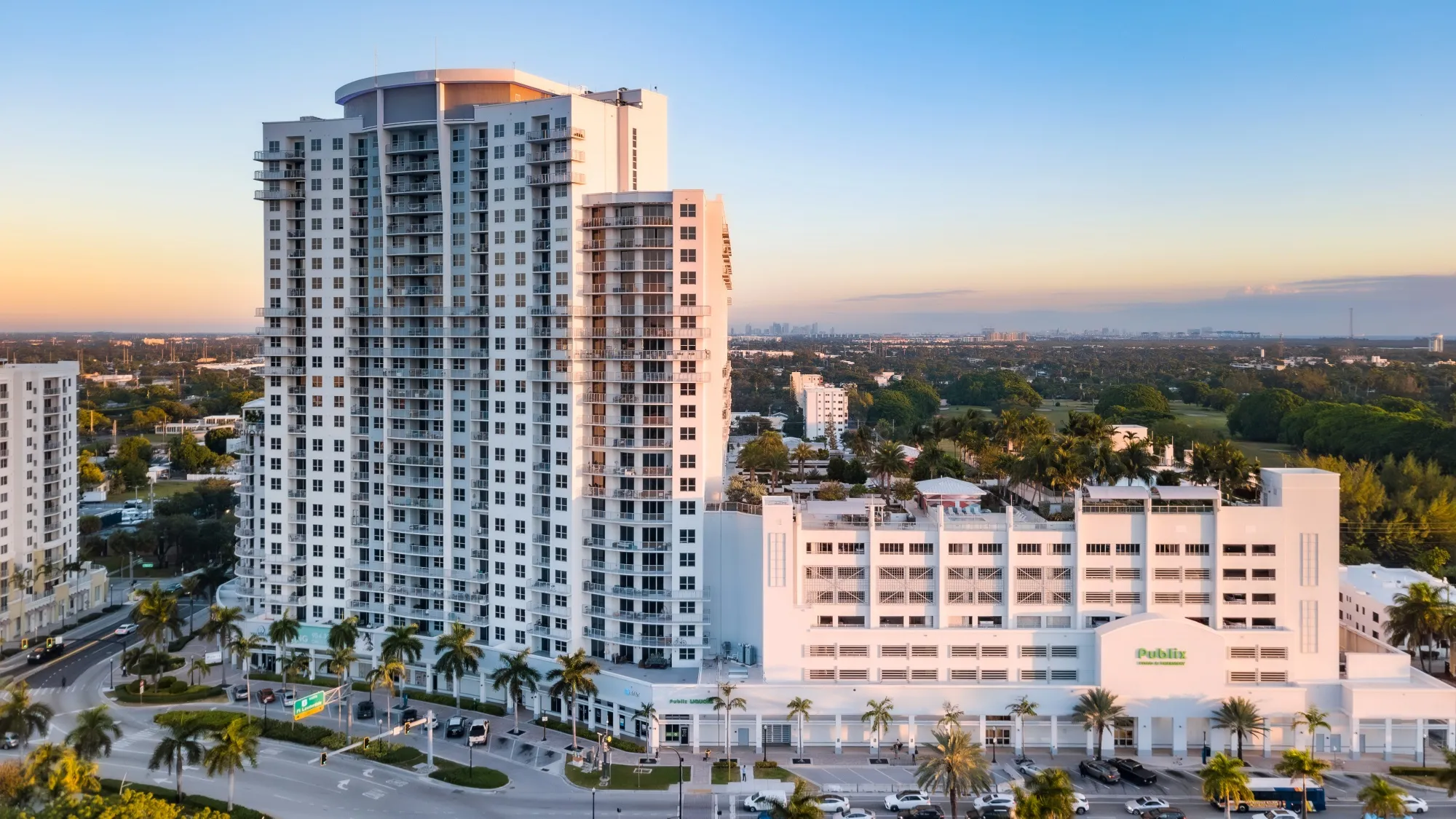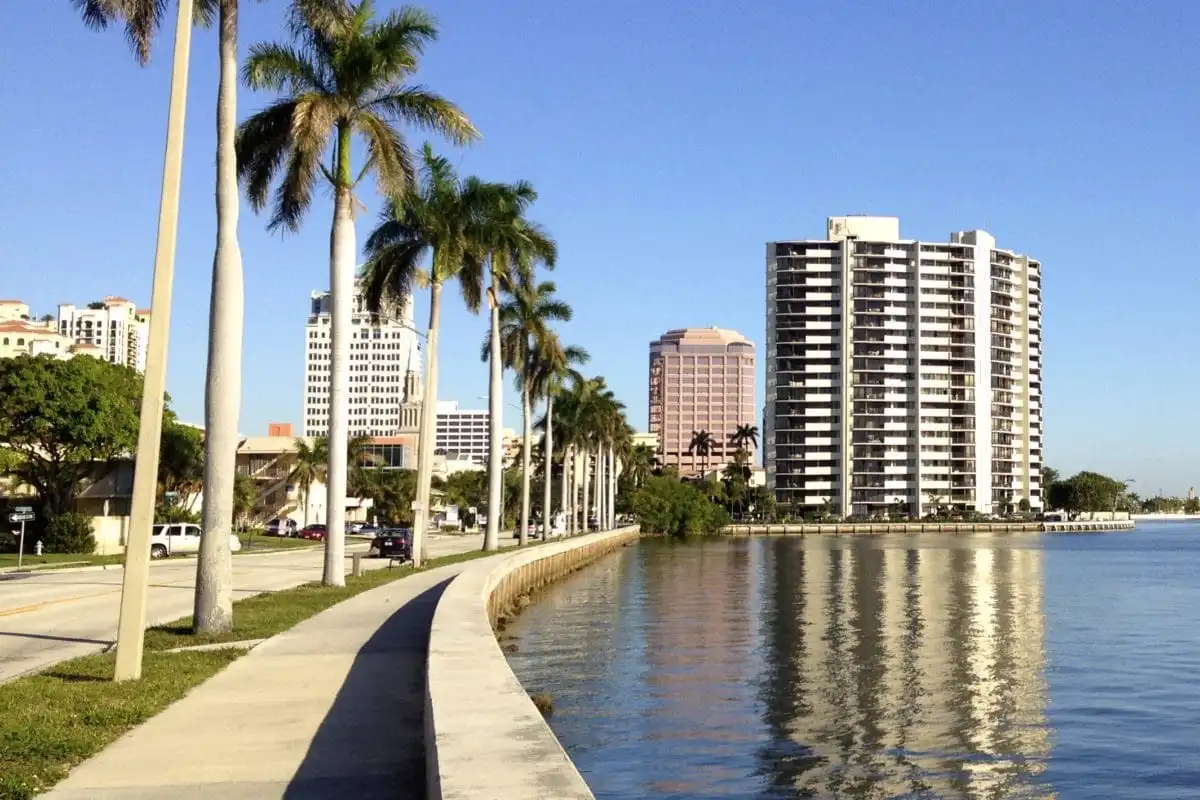Florida’s New High-Rise Condo Reserve Requirements: What You Need to Know
The landscape of condo ownership in Florida is changing significantly due to newly implemented laws that aim to improve building safety and financial preparedness. As a result, condo associations with buildings three stories or taller face stricter financial regulations and deadlines. These changes directly affect owners, who must brace for higher costs associated with maintaining their residences.
Let’s break down the key requirements, deadlines, and financial implications to help condo owners navigate this new landscape effectively.
Understanding the New Law: Why Reserve Funds Are Crucial
In the wake of the tragic Champlain Towers South collapse in Surfside in 2021, Florida lawmakers passed legislation requiring condo associations to prioritize safety and preparedness. The primary objective is to ensure that all high-rise buildings maintain structural integrity through consistent reserve funding.
The key elements of the new law include:
- Structural Integrity Reserve Studies: Every condo association must conduct a study to identify building components that need regular maintenance or replacement and estimate the associated costs.
- Mandatory Reserve Contributions: Associations must establish and maintain reserve funds to cover these expenses, prohibiting waivers that were previously allowed.
- Regular Updates and Transparency: Reports must be filed with the state and shared with condo owners to promote accountability and financial planning.
The Deadlines: What Condo Associations Must Do
Florida’s new requirements are accompanied by strict deadlines. Here’s a step-by-step guide to meeting them:
Step 1: Commission a Structural Integrity Reserve Study
Condo associations must commission a structural integrity reserve study by December 31, 2024. This report will assess critical areas of the building, such as roofing, plumbing, electrical systems, and structural components. It also includes cost projections for necessary repairs or replacements over the next 15 to 25 years.
Step 2: Update the Condo Budget
After the study is complete, associations must revise their budgets to include monthly reserve contributions. These adjustments ensure that sufficient funds are allocated for future maintenance and upgrades.
Step 3: Notify Owners and File Reports
Within 45 days of completing the study, associations must:
- Share the report and updated budget with all owners.
- Post the information on their association’s website (if applicable).
- File the report with the Florida Department of Business and Professional Regulation.
Step 4: Begin Reserve Contributions
Starting in 2025, associations must begin collecting monthly contributions toward reserves. For those unable to meet this timeline, there is a final option to waive contributions until 2026. However, this requires a majority vote from owners and must be documented in meeting minutes.
Financial Implications for Condo Owners
While the law aims to enhance safety, it introduces significant financial burdens for condo owners. Monthly fees and assessments are expected to rise substantially. For example, associations that previously waived reserves must now compensate by increasing contributions, adding strain to owners already managing rising costs of living.
Additionally, delaying contributions could have consequences:
- Higher Loan and Insurance Costs: Lenders and insurance companies scrutinize reserve funds when approving loans or policies. Associations with insufficient reserves may face higher premiums or interest rates.
- Potential Future Penalties: While current laws lack penalties for noncompliance, Florida lawmakers are considering introducing fines for associations that fail to meet reserve requirements.
The Importance of Financial Planning
According to Carolina Sheir, a partner at Eisinger Law, reserves are essentially "forced financial planning." This proactive approach ensures that funds are available when building components need replacement, avoiding sudden financial crises.
Historically, many associations waived or partially waived reserve contributions to keep monthly fees low. However, this trend has proven unsustainable, as evidenced by the Champlain Towers tragedy. Now, associations must prioritize long-term planning over short-term cost-saving measures.
Insights: Common Questions About the New Reserve Requirements
What happens if my condo association doesn’t meet the December 2024 deadline?
If the study isn’t completed on time, your association risks noncompliance with state laws. While penalties are not yet enforced, associations could face scrutiny from lenders and insurers.
Can owners vote to waive reserve contributions?
Yes, but only until 2026. A majority of owners must approve the waiver, and the decision must be documented during a formal meeting.
How will this affect property values?
While higher fees may deter some buyers, well-maintained buildings with robust reserves could attract buyers seeking long-term stability and safety.
Are there exceptions for smaller buildings?
These requirements apply only to buildings three stories or taller. Smaller buildings are not subject to the structural integrity reserve study mandate.
Balancing Costs and Compliance
As Florida’s condo owners face these new financial and legal obligations, balancing compliance with affordability becomes critical. Associations should consider the following strategies:
- Engage Financial Experts: Work with financial planners and legal advisors to navigate budgeting and compliance efficiently.
- Transparent Communication: Regularly update owners about costs, timelines, and progress to build trust and cooperation.
- Explore Financing Options: Investigate loans or grants to support reserve funding without overburdening owners.
Final Thoughts: Preparing for the Future
Florida’s new condo reserve requirements represent a cultural shift toward accountability and safety in high-rise living. By prioritizing proactive planning and compliance, condo owners and associations can ensure safer, more financially stable communities.
While these changes may initially seem overwhelming, they ultimately aim to protect lives and investments. As the December 2024 deadline approaches, now is the time to act decisively and prepare for the future of condo living in Florida.













